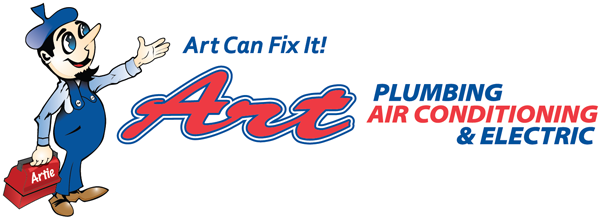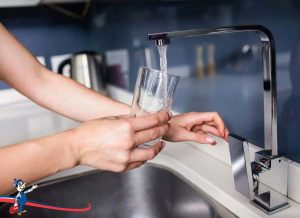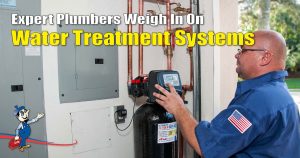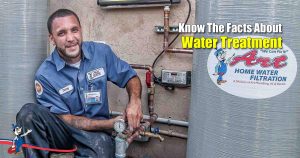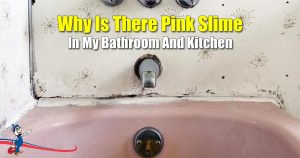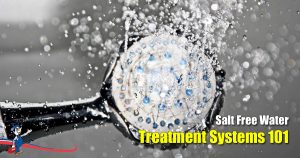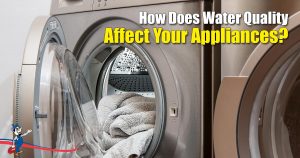Why You Should Care About Water Softeners
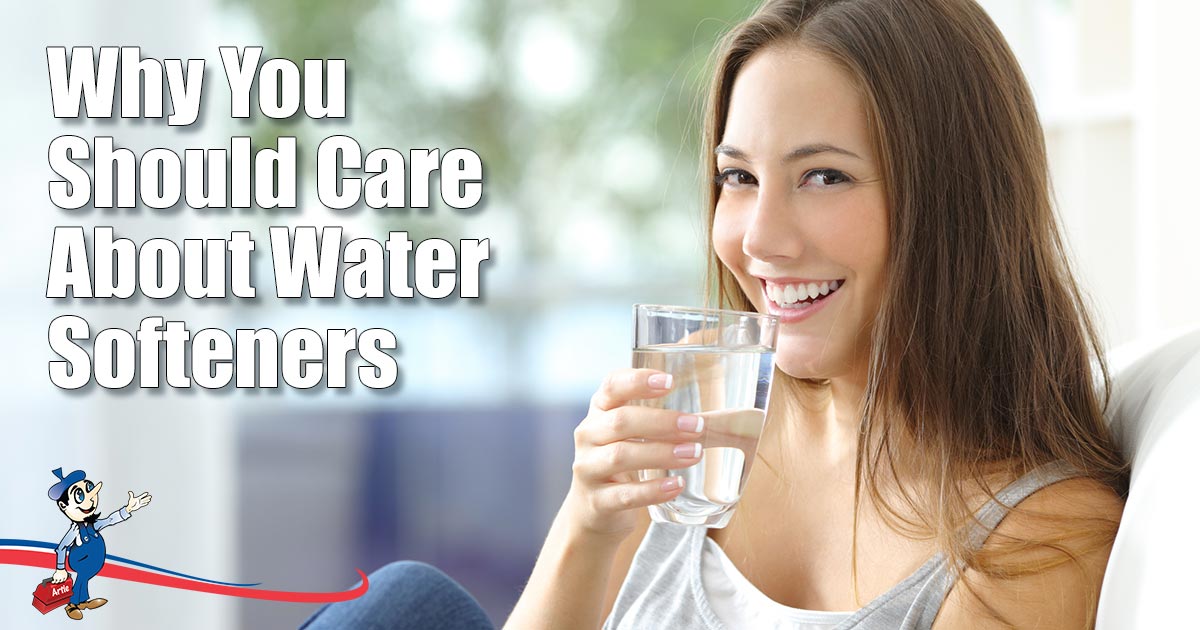
Homeowners often hear contrasting things regarding their household water filtration system such as water filters or water softeners, which is better? What doesn’t help is if you the homeowner, do not know exactly what these things mean. You need to fully understand the role of water softeners in water filtration as well as the effects that they could have on your health before you decide to have a system installed or removed from your home.
What is a Water Softener?
Water softening is the removal of metals and hard minerals from your water. An excess of minerals such as calcium or magnesium for example can make your water “hard”. This means that you use more water to clean or bathe than with “softer” water. Hard water is also a cause of scale build-up in your household plumbing system, as the mineral deposits stick to the walls of your pipes and fittings.
How Does it Work?
Water softeners are made up of two distinct components. The first being a brine tank which stores all the salt and the second a resin tank to store all the resin. There are single units available which acts as a combination of the two components, but it is best to consult with a licensed plumber to find a water softener suited to your needs and budget.
Do I Need Water Softeners if I Have Water Filters?
There are a variety of water treatment methods on the market today, and oftentimes these treatments overlap with one another even though their end purpose is different. While filters are generally installed at your faucet points or as a whole home filtration system, water softeners are installed at the point where water enters your home. Hard water will not only affect the quality of your drinking water, but also all of your household plumbing fixtures and taps. Softeners are used to remove excess minerals before it can cause damage to your plumbing system. You would need to get a water softener installed by a licensed plumber to ensure that your household plumbing is not damaged by mineral build-up.
Water filters improve the taste of your water and clarity of your water, and water softeners do just what they say. They soften the water by removing minerals that can cause a buildup in your plumbing system. The two often go hand in hand with one another as they serve different purposes, but there are companies that market both as a single product that softens and filters your water before it enters your home.
Common Problems with Water Softeners
Water softeners are a piece of equipment, and all equipment will need regular maintenance in order to avoid major trouble with the device.
-
- Blockages are a common problem with water softeners as the minerals in the water can create deposits that will accumulate and block the system over time.
-
- If you have a salt-based water softener, there can be a build-up of salt within the tank, which means that your device will not soften the water.
- Motor issues can occur, but with regular preventative maintenance your water softener-will run for a long time.
Remember that while you may be tempted to clean or fix the system yourself, it’s always in your best interests to enlist the services of a licensed and professional plumber.
This article really only scratches the surface of things when it comes to water softening and filtration. So, if you have any questions or would like to have a water filtration expert come out to inspect your plumbing and the hardness of your water, don’t hesitate to contact the professional and reliable team at Art Plumbing, Air Conditioning & Electric. We offer a variety of water filtration services to cater to your water quality needs.
